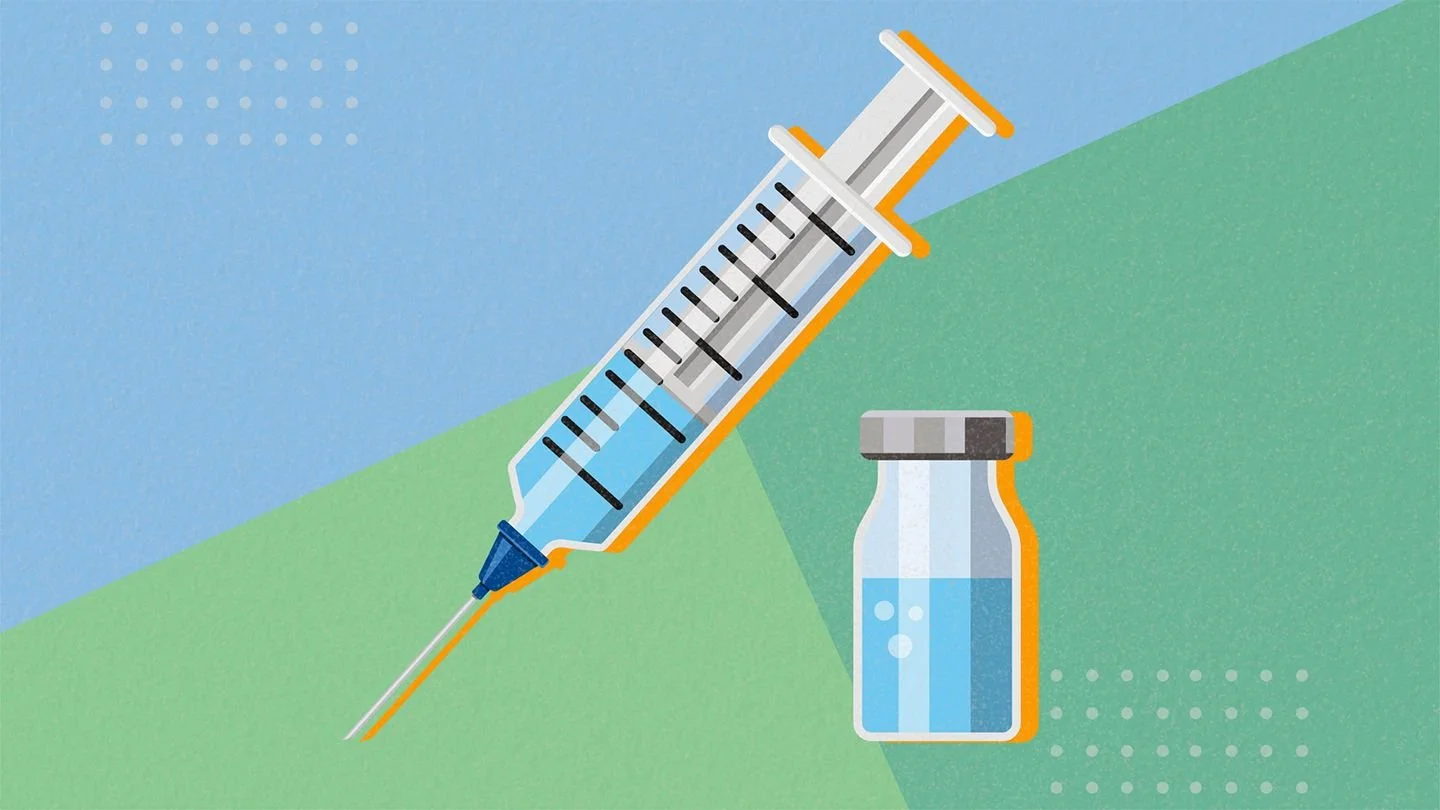Brain-Boosting Supplements: Too Good to be True?
It’s 7am on a Monday. You wake up, brush your teeth, and take a “brain booster,” a pill that you hope will help you concentrate better in your most boring class and maintain focus through SAT prep, soccer practice, and hours of homework. You notice the bottle is light, see it’s your last pill, and plan to stop by the local drugstore to pick up another bottle after school. These pills are sold over-the-counter, so you don’t even need a prescription!
If it sounds too good to be true– it is. Many of these over-the-counter “brain boosters” may not boost your brain at all, despite their promises to improve memory, focus, and energy. These pills typically contain large amounts of chemicals (like ginkgo biloba, green tea, or fish oil) that have moderate effects on brain health when consumed as part of a balanced diet and in combination with other (non-pharmaceutical) proven brain-boosting activities like exercise and sleep [1]. So unless a doctor recommends specific supplements, many of these over-the-counter “brain boosters” are overkill.
Further, the ingredients in these supplements may be unsafe. Usually, government agencies like the Food and Drug Administration (FDA) review scientific evidence about medicines in order to make sure they’re safe and effective. But general wellness products, including so-called “brain boosters,” aren't regulated by these agencies– they can be sold over-the-counter without scientific evidence that they contain only safe and effective ingredients.
So, how can you (the consumer) determine which “brain boosting” supplements are safe and beneficial to take?
Look for symbols on the packaging (such as * or † ) -- these symbols often indicate disclaimers stating that the FDA has not evaluated the product. Even if labels proclaim “Lab Tested,” “Quality Assured,” or “Made with Good Manufacturing Practice,” you’ll likely find a disclaimer along the lines of, “These statements have not been evaluated by the FDA. This product is not intended to diagnose, cure, treat, or prevent any disease.” Without FDA approval, consumers cannot be confident that supplements work and are safe. To be sure that the product you’re buying works, look it up on this website.
Screenshot of a website selling “brain boosting” supplements. Notice the asterisks (*) after each claim, which indicate that these statements are not approved by the FDA.
Source: https://www.amazon.com/Nootropic-Concentration-Performance-Metabolism-Supplement/dp/B01N3ZND9K
Ask yourself: “Can this product really do all these things?” If the product’s claims are numerous (for example, a product that can help improve memory, eyesight, balance, and attention) or vague (for example, a product will “enhance your brain function”), be skeptical. The product’s marketers are probably trying to oversell something that doesn’t do much for your health.
Beware of claims that a product is “natural” and therefore safe. Poison ivy, pufferfish toxin, and even cyanide are natural, but can hurt you. Read ingredient lists to make sure nothing in the supplement will make you sick. Don’t take a marketer’s word as truth when your health is on the line!
Tell your doctor about any new supplements you are taking. Supplements can interact with your medications to make them work less well or, worse, make you sick. It’s especially important to discuss supplements with your doctor because brain development continues into your late twenties (!) and the teen brain is especially vulnerable to any harm that supplements might cause.
Boost your brain in a proven way: through exercise!
Source: https://magazine.ucsf.edu/brain-boosters-can-puzzles-and-pills-make-us-sharper
We could all benefit from improved memory and focus to get through the day, so it’s tempting to spend money on pills that promise these outcomes. However, it is important to remember that many supplements have not been proven to benefit brain health and function. So, forget about "brain boosters" in a bottle! Instead, go for cheaper, science-backed brain boosters: healthy relationships, hobbies you enjoy, physical activity, and a good night’s sleep. Peer-reviewed research has proven that these activities support teenage brain development, improve cognitive performance, and preserve brain health during aging [2].
References:
Park, A. (2015). Omega-3 Supplements Don't Improve Memory: Study. Time Magazine. https://time.com/4008936/omega-3-brain-benefits-memory/
Mintzer, J. Donovan, K. A., Kindy, A. Z, Lock, S. L., Chura, L. R., & Barracca, N. (2019). Lifestyle choices and brain health. Frontiers in Medicine, 6, 204.






















